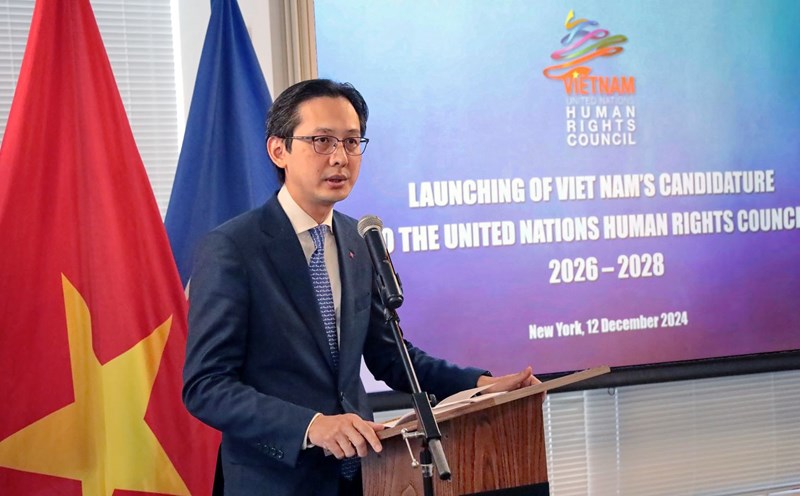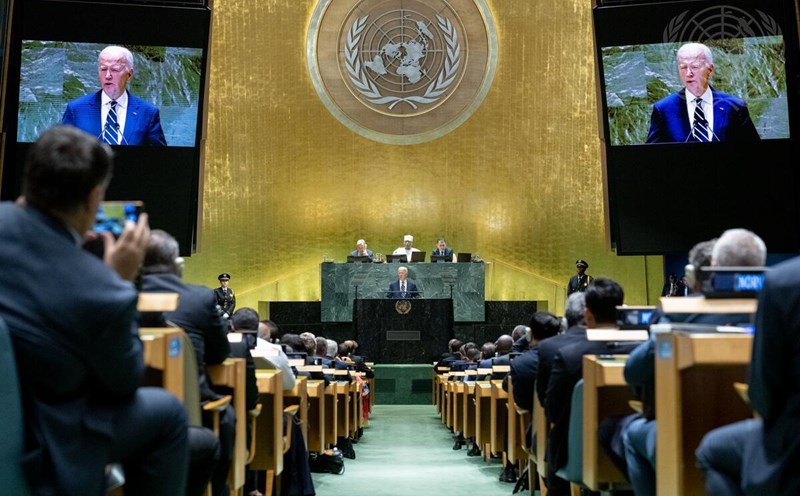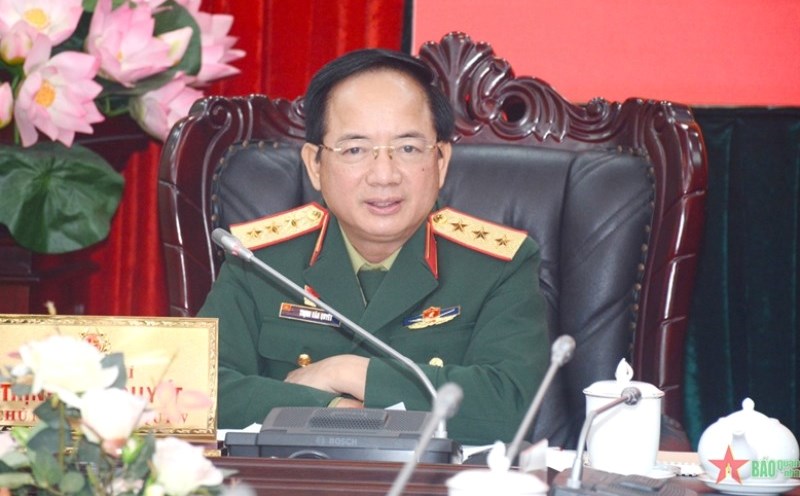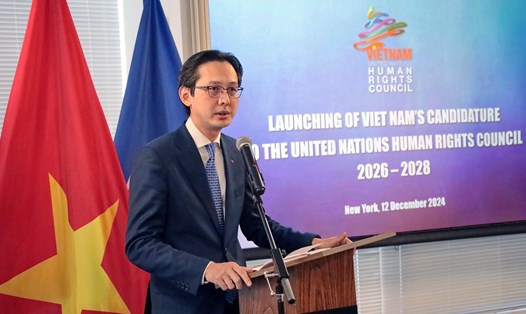The Ministry of Foreign Affairs said that on the afternoon of December 24, 2024 (New York time), the United Nations General Assembly unanimously adopted the United Nations Convention on Cybercrime. According to Article 64 of the Convention, the Convention will be opened for signature in Hanoi in 2025. Accordingly, the Convention will be called the "Hanoi Convention".
After nearly four years of negotiations, the birth of the “Hanoi Convention” is an important milestone in the international community’s joint efforts to respond to the growing threats in cyberspace. In addition to the unlimited benefits and potential for human development, digital technology also poses many risks and security threats, threatening the sustainable development of most countries.
The alarming increase in cybercrime in terms of scale, complexity and scope of impact is estimated to have caused damage to the world economy of about 8,000 billion USD in 2023 and is forecast to reach 10,500 billion USD in 2025, larger than the gross domestic product (GDP) of most of the world's largest economies.
In that context, the “Hanoi Convention” contributes to creating an overarching legal framework, meeting the urgent need for international cooperation to promote the rule of law in cyberspace.
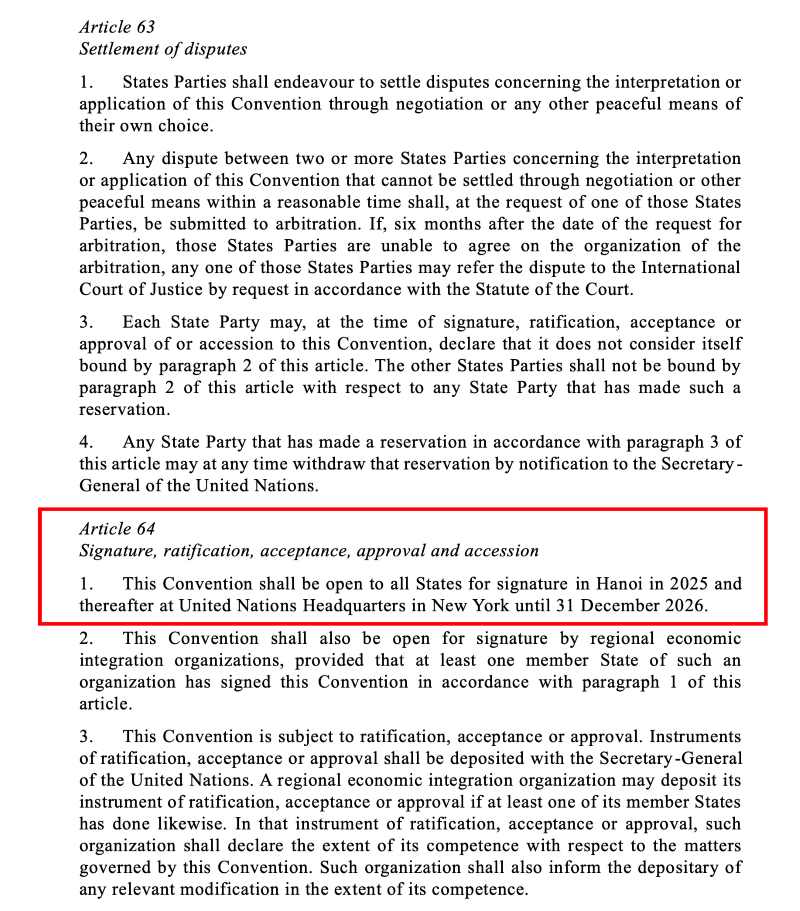
The United Nations' selection of Hanoi as the venue for the signing ceremony of the Convention in 2025 is an important milestone in Vietnam's history of multilateral diplomacy and the 47-year partnership between Vietnam and the United Nations.
For the first time, a Vietnamese location has been listed and associated with a global multilateral treaty related to an important field of great interest to the international community. This choice reflects the country's increasingly high international position and prestige, as well as Vietnam's active, responsible and substantial participation and contribution throughout the entire negotiation process of the Convention.
Hosting the signing ceremony of the “Hanoi Convention” is also an opportunity for Vietnam to continue to promote its role as a responsible and trustworthy member of the international community, actively promote multilateralism, participate in leading the process of building and shaping global digital governance frameworks, ensuring cyber security and national sovereignty in cyberspace, creating a premise for successfully implementing the digital transformation strategy to prepare the country to enter a new era, an era of national growth.
This is also a specific step contributing to the timely and effective implementation of Resolution No. 57-NQ/TW dated December 22, 2024 of the Politburo on breakthroughs in science, technology, innovation and national digital transformation.
The United Nations Convention on Cybercrime (Hanoi Convention) consists of 9 Chapters and 71 Articles and is the result of nearly 4 years of continuous and prolonged negotiations (2021-2024) among member states to build a comprehensive multilateral legal framework to combat this dangerous crime.
Nearly 20 years after the United Nations Convention on Transnational Crime, the international community has a new multilateral legal framework to deal with crimes in cyberspace.

